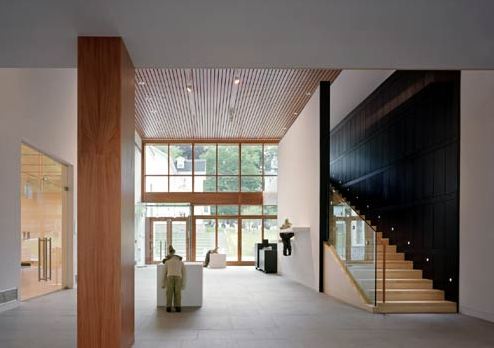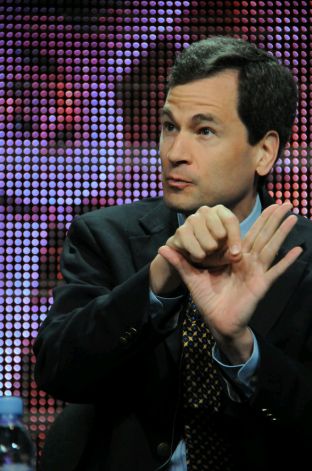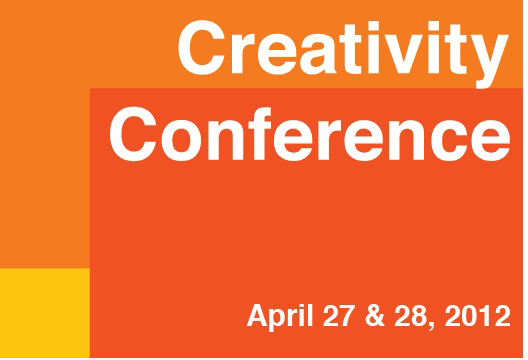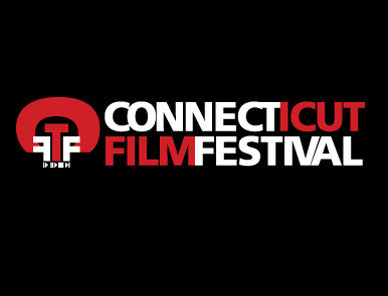|
|
||
|
Pro Tools
FILMFESTIVALS | 24/7 world wide coverageWelcome ! Enjoy the best of both worlds: Film & Festival News, exploring the best of the film festivals community. Launched in 1995, relentlessly connecting films to festivals, documenting and promoting festivals worldwide. Working on an upgrade soon. For collaboration, editorial contributions, or publicity, please send us an email here. User login |
Politics (Overt And Subtle) At New Directors New Films
WOMEN WITHOUT MEN (Shirin Neshat)
For most people, a trip to the cinema is a welcome escapism from the harshness of the world and its problems. For others, films with political subjects or contexts are sought out for a population hungry to engage and feeling starved for perspective and analysis. While New Directors New Films is not an overtly political affair, it is hard to avoid the powerful political discourses that careen through some of the films in this year’s program.
For Americans in particular, our lack of knowledge about the Muslim world and culture has had disasterous consequences that we are still sifting through. Therefore, films that provide a more detailed and largely humanistic perspective on this much understood community have a political dimension to them, even if they are not overtly political. Such is the case with BILAL’S STAND, a moving look at the struggles of a black Muslim family that has run a taxi business for over 60 years in a depressed community. Director Sultan Sharrief details the family’s cohesion and the internal and external pressures unique to their place in the American cultural strata.
In DOWN TERRACE, an original British film making its debut this week at the Festival, director Ben Wheatley finds innate dignity in the fabric of a working class crime family whose obsessions with revenge and payback are also infused with a strong sense of family bond. Think of it as an episode of The Sopranos as directed by Mike Leigh, and the conflicting moods of dark humor and repulsion to violence come to the surface in what is sure to be one of the most talked-about films of the season.
The continuing Middle East conflict and the current tensions between the United States and Israel over its settlement expansionism is not directly addressed in EVERY DAY IS A HOLIDAY, a French/German/Lebanese co-production directed by Dima El-Horr, but the backdrop of the stalemate permeates the downbeat tone of this stunning first time effort. In the film, three women board a bus on the Lebanese Day of Liberation (from whom? Syria? Israel? Themselves?) to visit their husbands in jail. When the bus is stopped short by bullets, the women must find for themselves through a treacherous no-man’s land of mines, bombs and the threat of being caught in the crossfire. By giving such ordinary people a face and a voice, the film achieves its goal of detailing the common humanity of both sides, while individualizing the pain of those directly involved.
Using a technique that is only obliquely comments on the bloody battles of the past decade, FRONTIER BLUES offers an absurdist viewpoint of what life is like under the threat of constant conflict and violence. Director Babak Jalali offers a sweet but pungent snapshot of ordinary people who are unsure of their future yet tremendously in tune with their present. The film recalls the Eastern European cinema of the 1960s and 1970s, when filmmakers needed to rely on absurdist storytelling to mask their political intent.
Closer to home, the films NIGHT CATCHES UP by Tanya Hamilton and NORTHLESS by Rigoberto Perezcano offer new takes on the subjects of political activism and illegal immigration. In the former, the final days of the Black Power movement are the backdrop for this absorbing and well acted story of two former Black Panther activists who reunite one summer. Played with intensity by Anthony Mackie (one of the soldiers in the Oscar winning THE HURT LOCKER) and Kerry Washington, the film gives its characters the space to examine their personal and political demons and attempts to find a place of reconciliation and peace within the political rhetoric.
In NORTHLESS, yet another in the worthy sub-genre of illegal immigrant sagas, a Mexican man desperate to cross over into the United States for work strikes up relationships with two women at the Tijuana convenience store where he works. The film details the costs and pressures that arise from economic desperation so powerful that one can literally risk one’s life for the fulfillment of a dream. As America continues to debate its policies on illegal immigration, the film offers a timely exploration of the motivations and conflicts of those willing to risk it all for a chance at “el norte”.
The unfolding story of modern Iran is also a subject that is colored in the American media by many preconceptions and prejudices. Once again, we are asked to forcefully engage with a people that we barely understand. Two films at this year’s Festival offer a humanistic perspective that is attuned to the master humanist filmmakers that have made their reputations around the world like Abbas Kiarostami.
In TEHEROUN, director Nader Homayoun shows us the Iranian capital in ways that are unexpected and unimagined. In telling the story of a recent arrival who joins forces with a child rented from a gang lord to beg, borrow and steal, the film does not avoid going to some very dark places while exposing the city’s seamier side, where child trafficking, smuggling and other activities are the norm rather than the exception. The film, which won the Audience Award at last year’s Venice Film Festival, has echoes of SLUMDOG MILLIONAIRE, without that film’s upbeat ending and music score.
Shirin Neshat is an internally renowned visual artist who no longer lives in Iran but whose Iranian roots are clearly marked in all her work. In WOMEN WITHOUT MEN, her feature film debut, she presents the intimate stories of four women in 1950s Iran from across the spectrum of Iranian society. As a comment on social class and the conflicts between secularism and religious fundamentalism, the film presents a lively tapestry that shows how the private, the political and the religious intermingle in a culture that continues to define itself.
Sandy Mandelberger, Film New York Editor 29.03.2010 | FilmNewYork's blog Cat. : Abbas Kiarostami Abbas Kiarostami America Anthony Mackie Artist Asian people Babak Jalali Ben Wheatley Cinema of Iran Contact Details Director Eastern European cinema Entertainment Entertainment Film New York Iran Israel Kerry Washington Middle East Mike Leigh Nader Homayoun Nationality New Directors New Films New Directors/New Films New York Person Career political films Private Rigoberto Perezcano Sandy Mandelberger Shirin Shirin Neshat Shirin Neshat Social Issues Social Issues Sultan Sharrief Tanya Hamilton Tehran the 2010 New Directors New Films festival the Audience Award the Oscar Tijuana United States Venice Film Festival While New Directors New Films www.newdirectors.org FILM
|
LinksThe Bulletin Board > The Bulletin Board Blog Following News Interview with IFTA Chairman (AFM)
Interview with Cannes Marche du Film Director
Filmfestivals.com dailies live coverage from > Live from India
Useful links for the indies: > Big files transfer
+ SUBSCRIBE to the weekly Newsletter Deals+ Special offers and discounts from filmfestivals.com Selected fun offers
> Bonus Casino
User imagesAbout FilmNewYork Mandelberger Sandy Mandelberger Sandy (International Media Resources) The Ultimate Guide to the New York Film, Video and New Media Scene. View my profile Send me a message The EditorUser contributions |




























